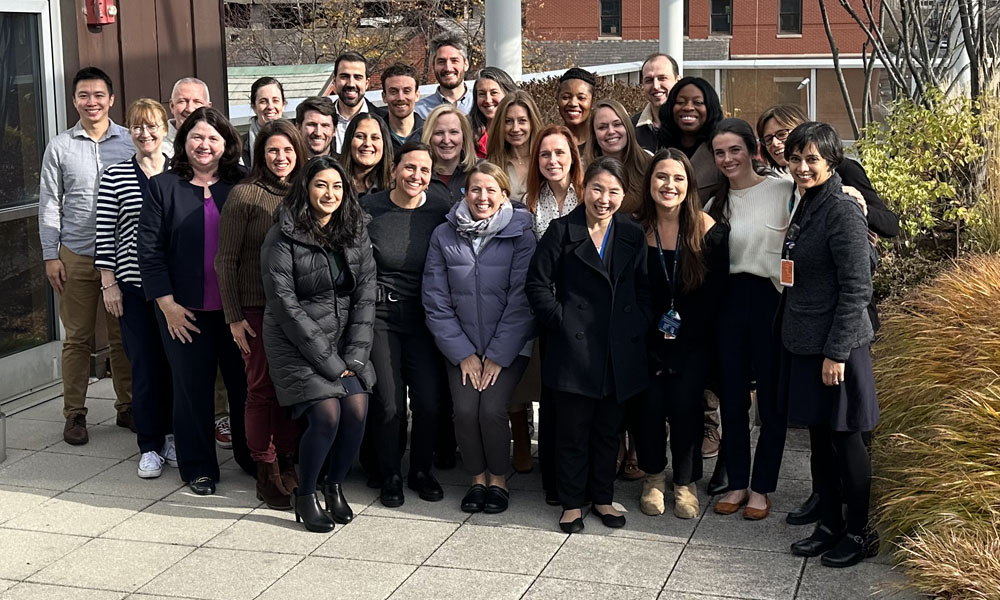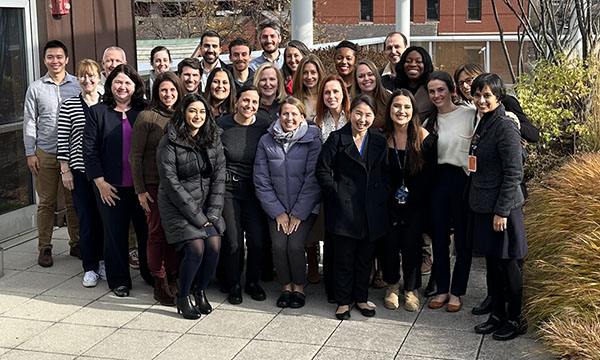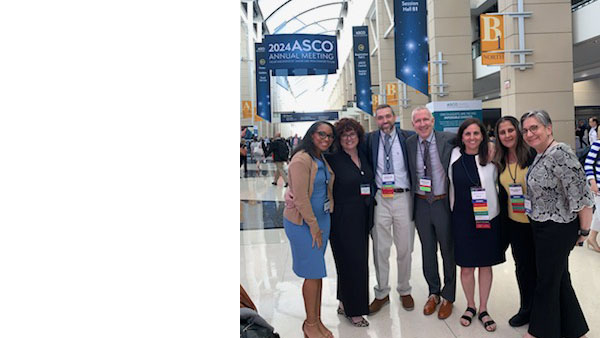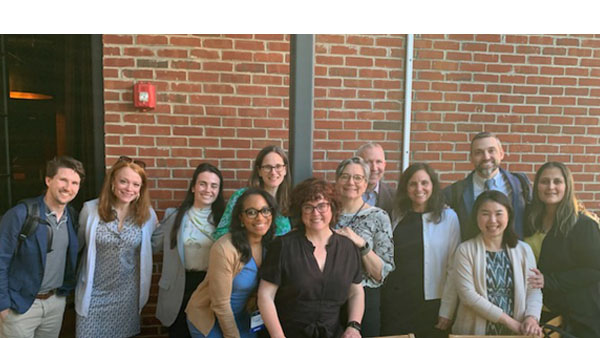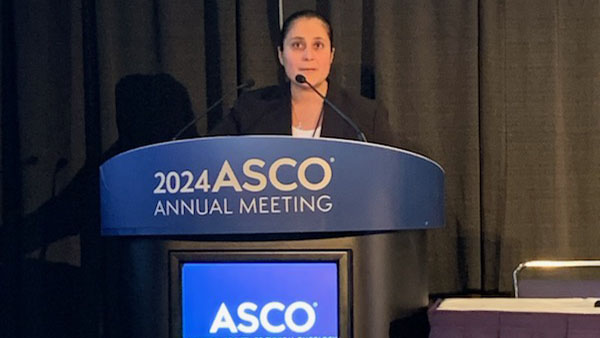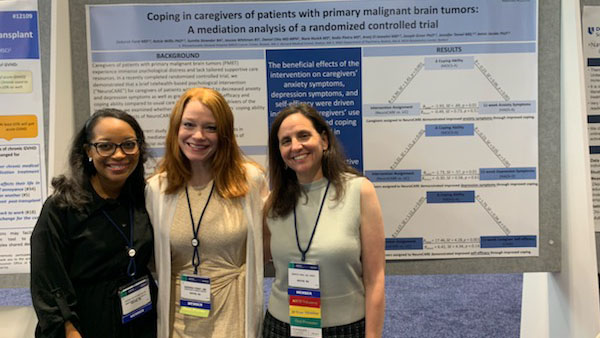Research Spotlight: Assessing the Effectiveness of Telehealth-Based Palliative Care Services for Patients with Advanced Lung Cancer
In this large-scale comparative effectiveness trial, researchers demonstrated the equivalence of delivering early palliative care via video versus in-person visits on quality of life in patients with advanced lung cancer.

